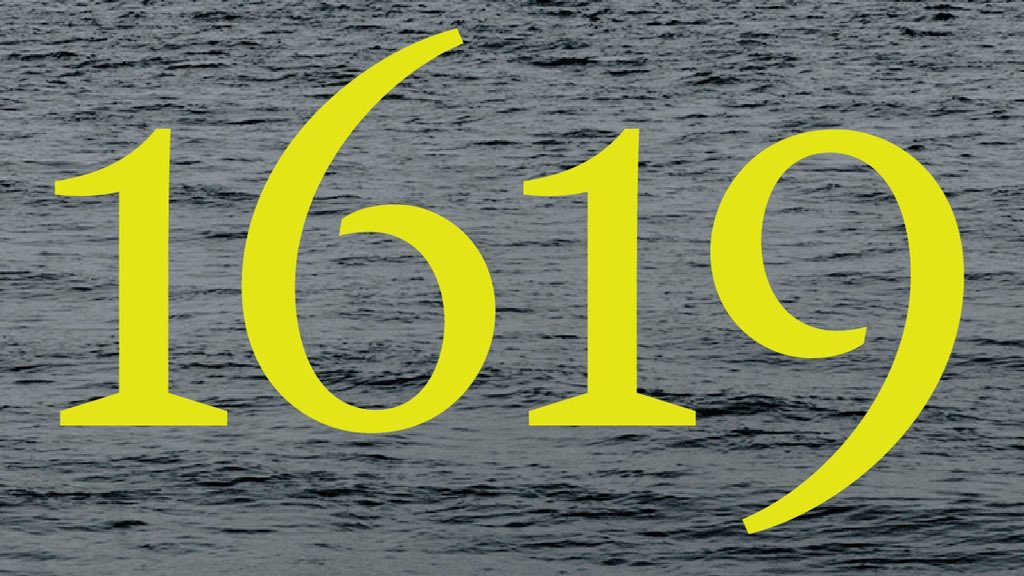Nikole Hannah-Jones, the author of the New York Times’ The 1619 Project, is fighting the University of Nort Carolina-Chapel Hill’s denial of her tenure application. Their changing reasons for denying her tenure have been flimsy at best, including the ludicrous assumption that she’s too educated and too accomplished for UNC’s tenure track…despite UNC being her alma mater. But one of the reasons that have since made the news in recent days comes from a donor who never thought his disposition against Hannah-Jones would become public. In his words, he was hesitant about the university hiring her because of her perspective on how journalism should be.
The fragility of white scholarship
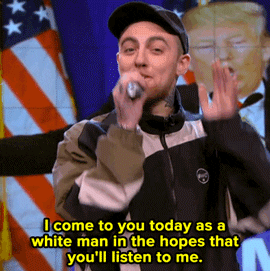
According to The Assembly, Walter Hussman Jr., the publisher of the Arkansas Democrat-Gazette, told university board members in private emails that he wasn’t sure about Hannah-Jones becoming part of the school’s faculty because of his belief that Jones isn’t impartial in her reporting. Specifically speaking, it seems, it appears he has a problem with how Hannah-Jones, a Black woman, relates her own experience in her work on Black America. For example, he wrote that she felt Jones was “trying to push an agenda” and was “manipulating historical facts” to support her points.
One of the points he disagrees with is Hannah-Jones’ assertion in The 1619 Project that Black Americans didn’t have help when trying to fight against civil rights injustices.
“I think this claim denigrates the courageous efforts of many white Americans to address the sin of slavery and the racial injustices that resulted after the Civil War,” he wrote, adding that white Freedom Riders and other activists were part of the Black American fight for liberty.
“Long before Nikole Hannah-Jones won her Pulitzer Prize, courageous white southerners risking their lives standing up for the rights of blacks were wining Pulitzer prizes, too,” he continued.
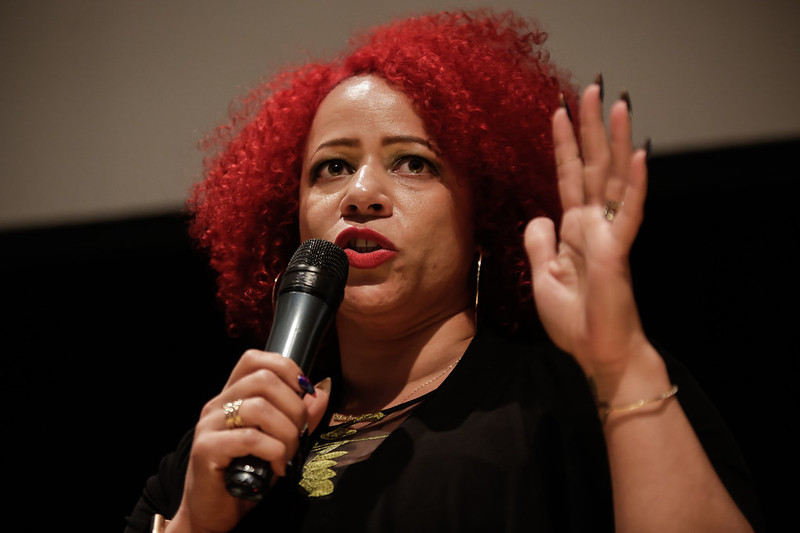
Hussman is supposedly a man dedicated to the journalistic tenets of ethical and unbiased reporting. However, by his own admission, what he wrote as opinions about a fellow journalist are far from unbiased, nor are they completely ethical. In The Assembly article, Hussman confirms that he did write the emails, but the opinions contained therein were opinions he wouldn’t have ever voiced publicly. Why do I say his opinions are as unethical and biased as he claims Hannah-Jones’ work to be? Because if he truly believed Hannah-Jones’ statement was against journalistic codes, it would stand to reason that he would be loud and proud about it in his own newspaper, much less to any other outlet willing to listen to him.
Secondly, if we are to believe Hannah-Jones’ words are biased, then Hussman’s are just as biased. Hussman wrote in his emails that he sided with the research of historians James McPherson and Gordon Wood. Both men, like Hussman, are elderly white men in scholarship. All three men come from the same generation. All three come from a time when “unbiased reporting” and “journalistic integrity” were defined by white American male standards, meaning that everybody could identify with each other on several cultural and racial levels without having to deal with pesky things like “multiculturalism,” “women in the workplace,” or, even worse, “Black/POC women and other gender identities in the workplace.” When a multitude of people from different walks of life start working in the same field, those who maintained a sense of power will, of course, be perturbed, no matter how “liberal” or “unbiased” that person in power might be.
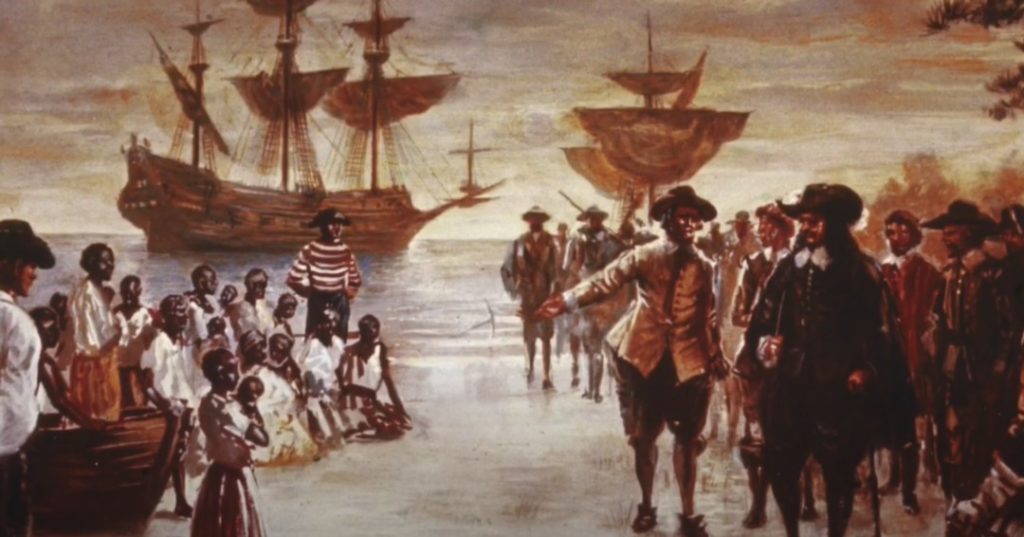
Of course, Hussman would think that Hannah-Jones using her experiences and personal knowledge as a Black woman living in America makes her work biased because Hussman, a white man used to a certain status quo, can’t understand Hannah-Jones’ life, nor can he fully accept that she is taking journalism to uplift herself, establish her own power, and write the stories of her people. What Hussman doesn’t realize is that as a white man writing for white America, he has been writing his people’s stories (with all its degrees of “truth”), for decades. What he might view as unbiased reporting, such as reporting on a police-involved shooting, for instance, is actually more biased than he might realize–as we have seen, the police have and continue to lie about how people of color die while in their custody. When reporting on a country that represses truth, anything that doesn’t conform is bound to be seen as biased.
Also biased: Hussman’s idea that Hannah-Jones’ work is lacking because she didn’t highlight white Freedom Riders and white activists. In other words, he’s mad because she didn’t give a shoutout to the “good white people.” As The Atlantic staff writer Adam Serwer wrote on Twitter, “An objection to the 1619 Project on the grounds that it does not focus enough on the roles of ‘courageous whites’ is an ideological objection, not a factual or historical one.”
The “good white people”
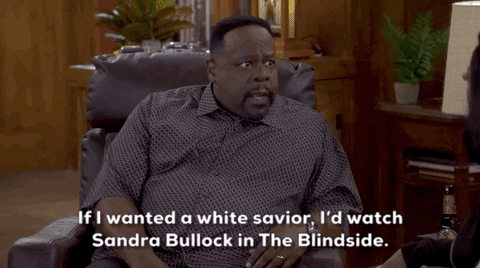
The concept of the “good white person” is as old as Reconstruction, if not older. But specifically, the time during and after the Civil War is a time ripe for the tall tale of the “good white person,” shouldering the burden of racial inequity. This trope, also called a “white savior,” is damaging. Yes, there were, indeed, white people who did realize slavery, racism, and other forms of violent inequity are wrong and they did fight against the system. But the problem, to quote Glamour’s recounting of Chris Rock’s phrasing in Top Five, is that “[i]n any civil rights movie, there’s two heroes. There’s the black hero, and the white person who’s ‘equally’ as important.” Centering white help amid a fight for human rights is gross. Centering white feelings and deeds above the deeds of Black people who persevered despite insurmountable odds is a slap in the face. It’s disrespectful.
The idea of the “white savior” also simplifies slavery as something that white people can fix just by doing something nice–and doing something nice only once.
Take for instance The Help. It’s a film often used as a modern-day example of white saviorism, so much so that Viola Davis has expressed regret at ever taking part in the film. The main character Skeeter (Emma Stone) feels like she has taken on racism by cataloging and publishing the stories of Black domestic workers in her Mississippi town. If we go by the book and the film’s point of view, Skeeter was able to change her town forever by making the Black women’s stories visible. Even in the movie, Davis’ character Aibileen gets the courage to walk out of her evil boss Milly’s (Bryce Dallas Howard) house after the book is published as if she will be able to find better employment somewhere else in town.
What the story fails to realize is that uprooting racism takes more than one white girl publishing a book about Black domestic workers (and gaining the royalties from said book–we don’t know if any money ever goes back to the workers who risked their lives telling their employers’ secrets; we can assume none does). If anything, if a book like that was published in the 1950s and 1960s in real life, it would have made the Black women’s lives worse, not better. Aibileen wouldn’t have been able to find better employment–she would have had to flee for her life from the Klan. Every Black woman and their families would be in danger of being killed just because they opened their mouths to speak about their experiences. Meanwhile, Skeeter would have been making major bank on the plight on Black women, a plight she increased by wanting to make it big in the publishing world.
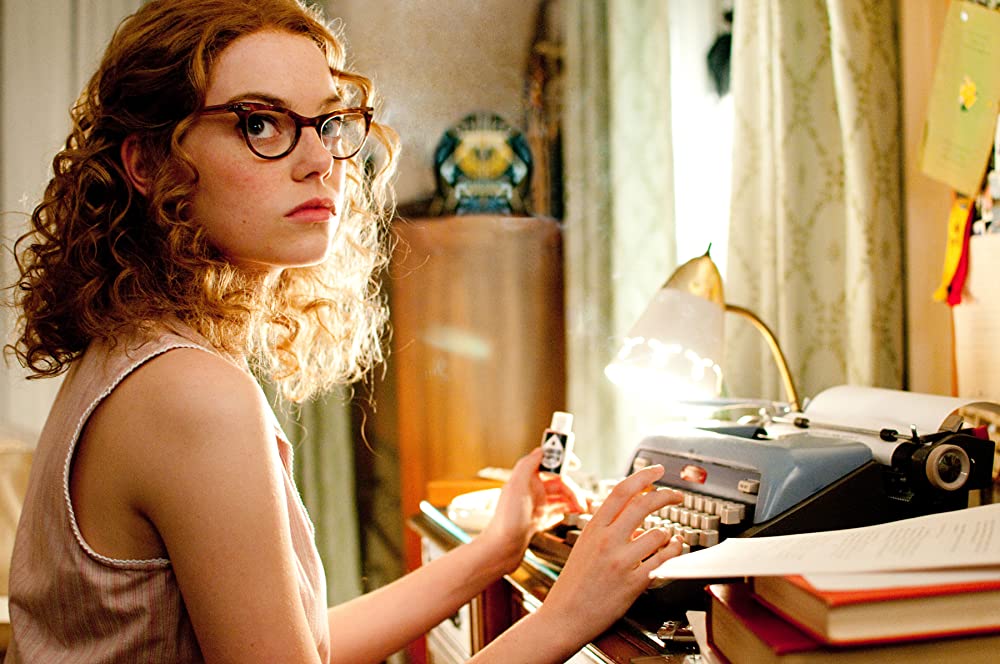
Skeeter published the book for seemingly “good” reasons. She wanted to give the women she was surrounded by a chance to speak their truths. Indeed, the real author of The Help, Kathryn Stockett, wrote the book because of her own white savior complex–she imagined what the Black woman who raised her would have said if she was able to write her story in a book. Even worse, The Help–both the book and the film–are actually entertaining. It lulls you into believing that racism is a big, sprawling entity that can be made small and insignificant if the right (or white) person does The Special Thing. Once the magical act happens, then all of racism can disappear. That’s not how racism works, especially when people like Skeeter are doing only enough to appear as if they are against the status quo, but are actually fully entrenched in it.
But that’s the insidiousness of white saviorism–the actions might be “good,” but they are done in a way that only the person in power gains from it. If we take The Help as an example, only Skeeter is the one that benefits from having the book published. In real life, Stockett is the only one who benefited from writing The Help—Ablene Cooper, the nanny for Stockett and Stockett’s brother, sued Stockett for $75,000, alleging that Stockett used her likeness for Aibileen after promising her she wouldn’t. Cooper called the book “embarassing.” White saviorism isn’t charity. It’s self-serving.
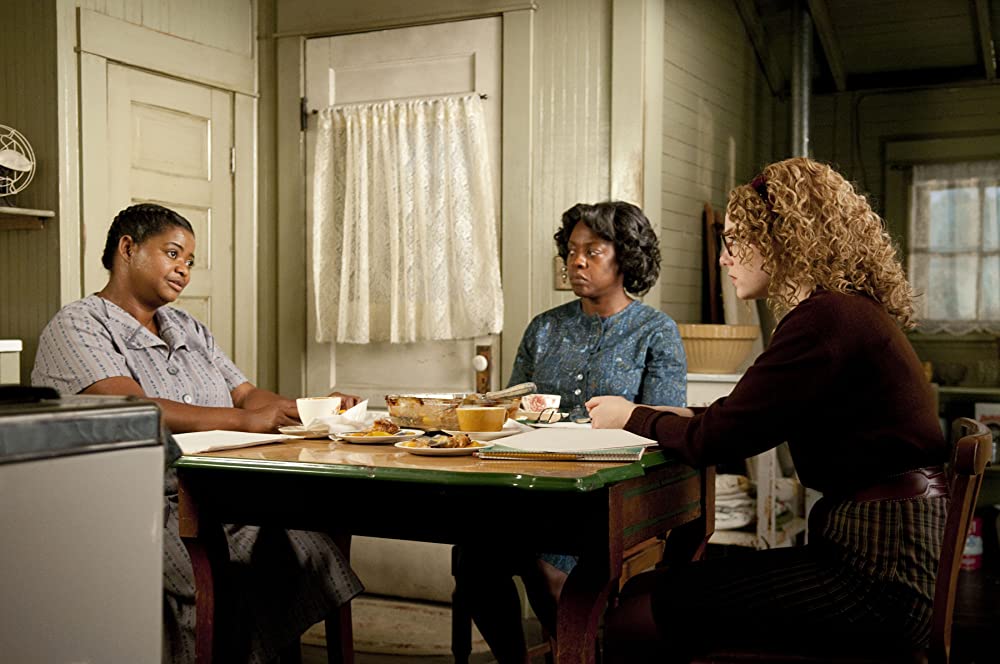
Hussman’s words seem to equate the white Freedom Riders with people who are white saviors. However, these white riders didn’t get immediate gain from their actions. The Freedom Riders who took part with Black people in the fight to desegregate the south knew that their lives were on the line by doing so. But they still did it anyway. To me, these white activists weren’t white saviors–they were people erasing their white privilege by choosing to put themselves in harm’s way and potentially die for a cause bigger than themselves. They’ve only been acknowledged and applauded many years later, once many of them were dead or permanently affected by the racism they experienced, and once society decided to revise how it treated the Freedom Riders.
The Freedom Riders’ goals rested on the idea that no one was free unless everyone was free. White saviorism, by contrast, depends on the status quo to exist. One side of the equation has to have the upper hand in order to be a “savior” to someone else. The white savior doesn’t have to give up their freedoms in order to “affect change,” so to speak. The white savior can remain comfortable as they merely participate in the lives of those less fortunate. However, participation means its voluntary action. Fighting for humanity shouldn’t be seen as voluntary.
Won’t someone think of the white people?
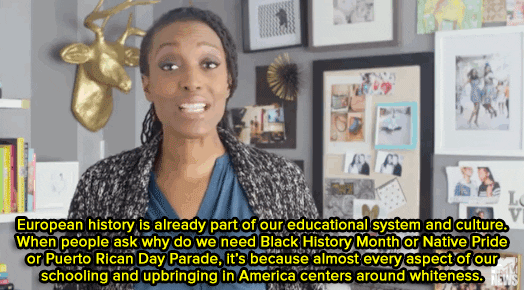
Hussman’s gripe about there not being enough about white activists in The 1619 Project seems to suggest an idea a lot of white Americans still struggle with–if information about a struggle with humanity doesn’t center whiteness, the information can’t be trusted. That sentiment rests on the even more sinister idea that whiteness is the default for humanity, for empathy, for compassion, for connection.
Hannah-Jones should have known better, if we go by Hussman’s logic. How could Hussman identify with Hannah-Jones’ work if white people who looked like him weren’t also mentioned in the same breath as Black men and women? Clearly, it’s too much to ask of a journalist who claims to be dedicated to the tenets of finding the truth, being unbiased, and exploring different perspectives.
If only she had written about the white people. Then she’d have her tenure.
